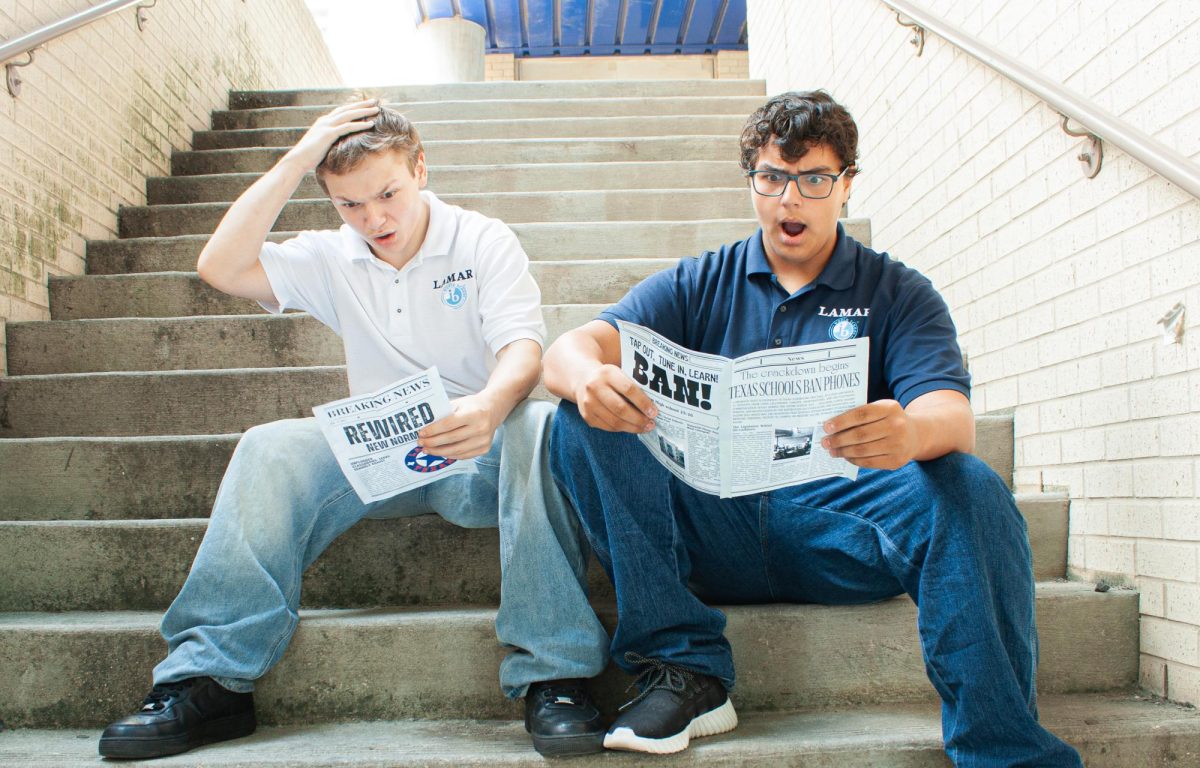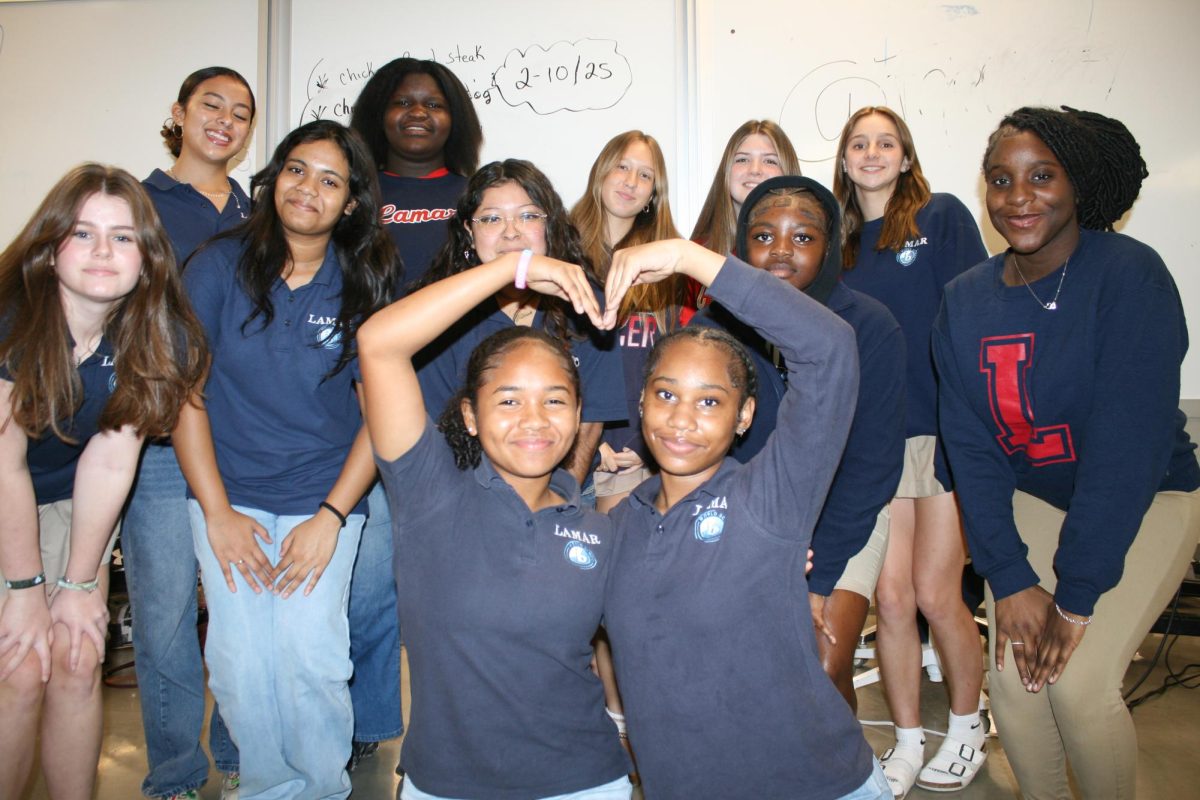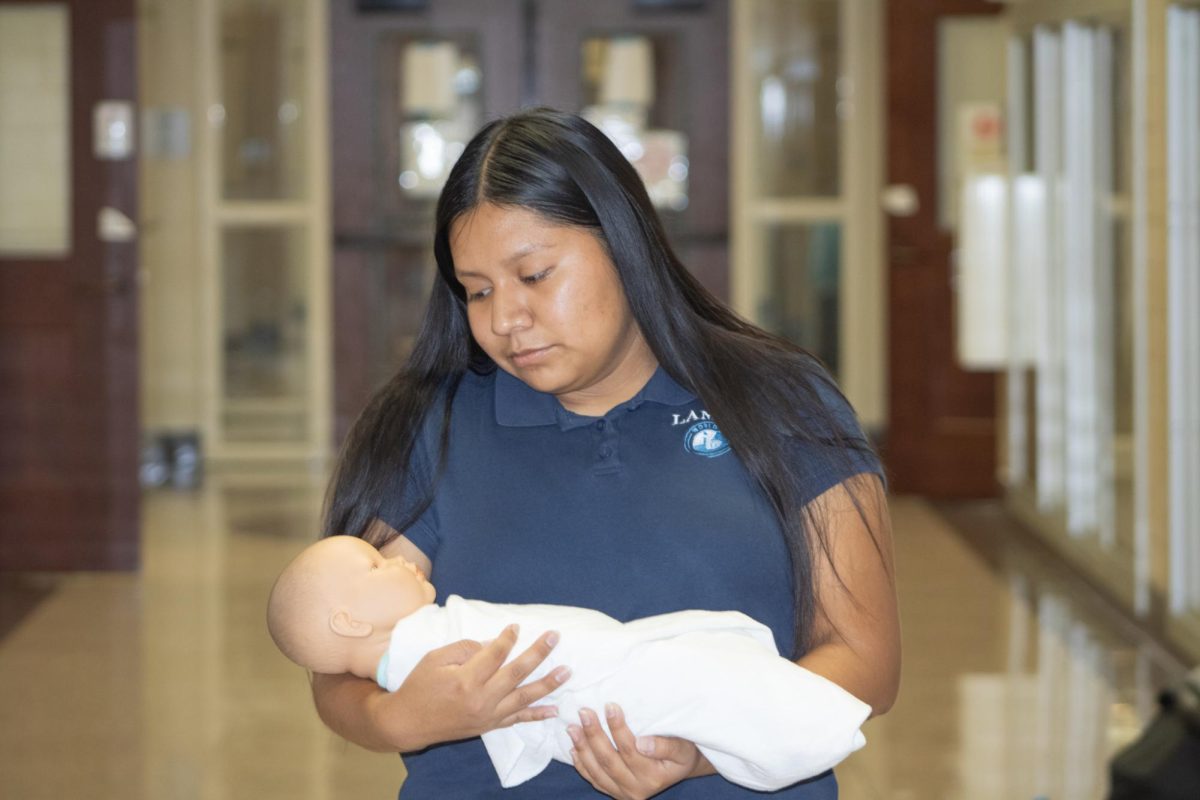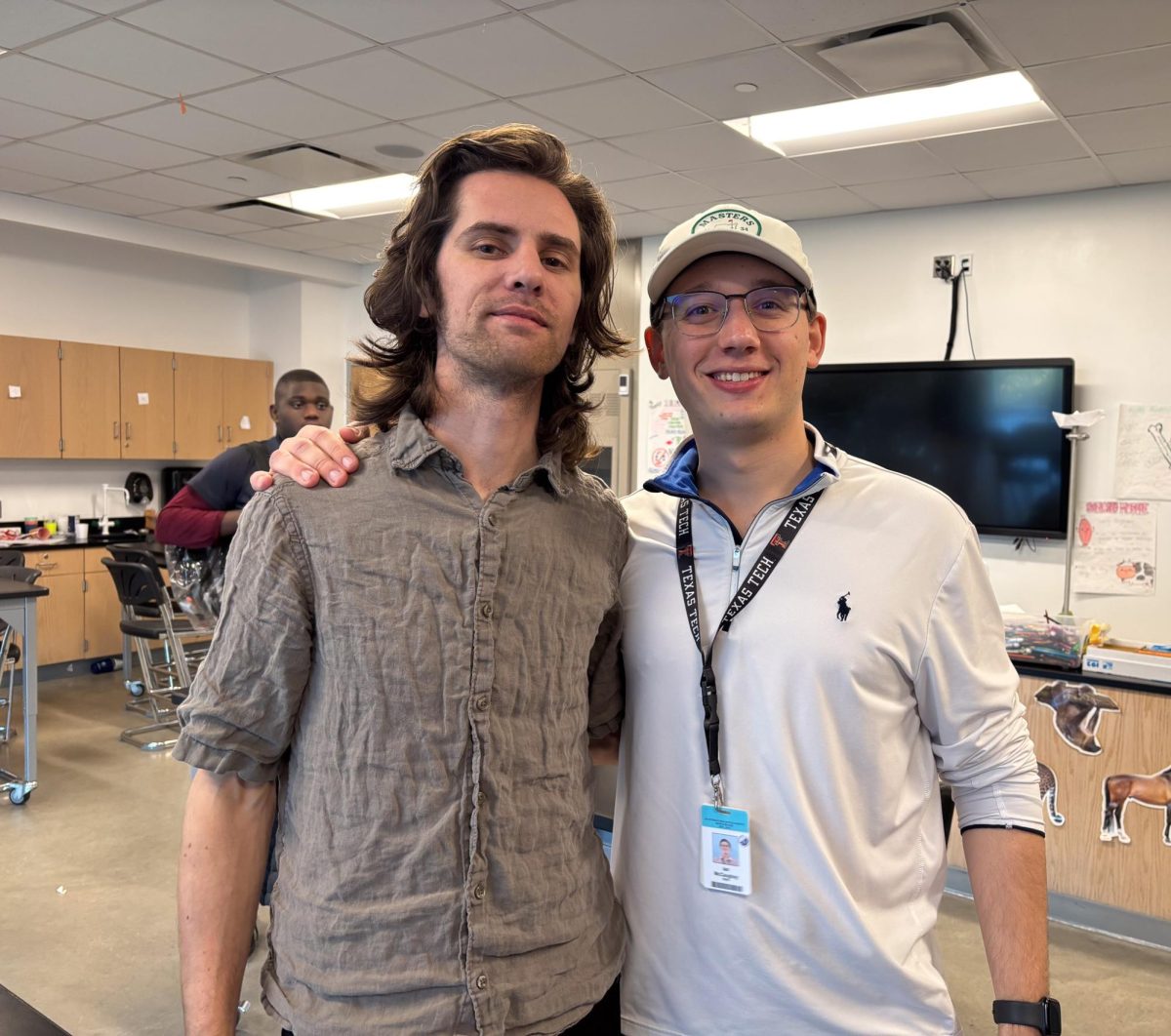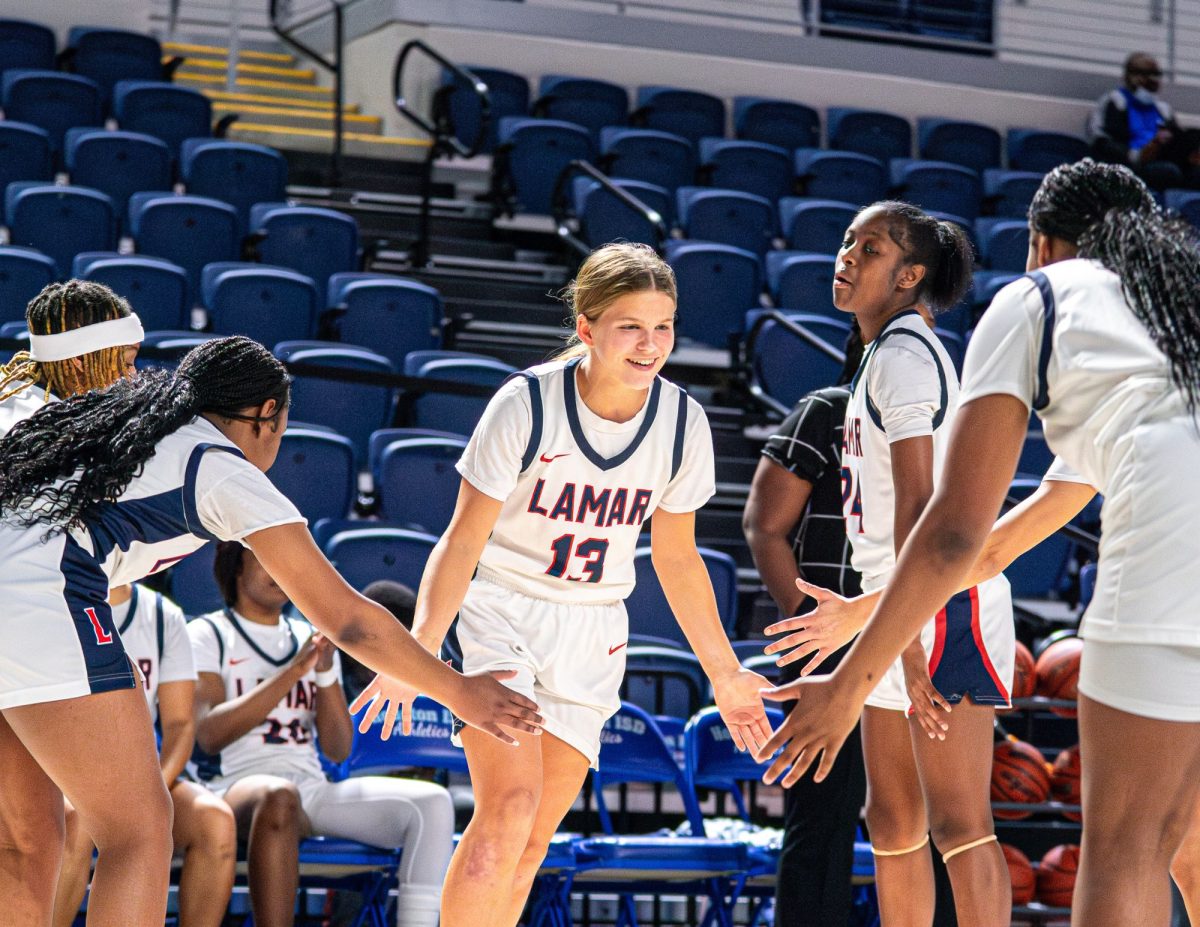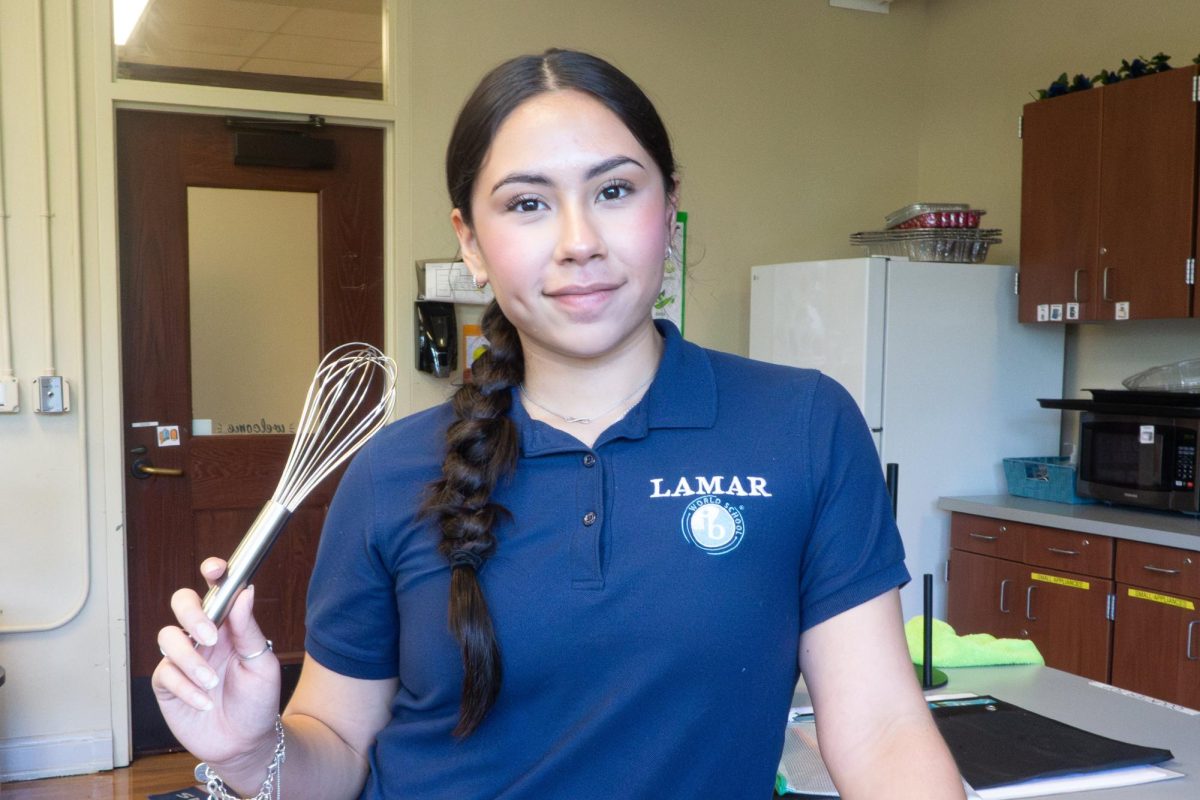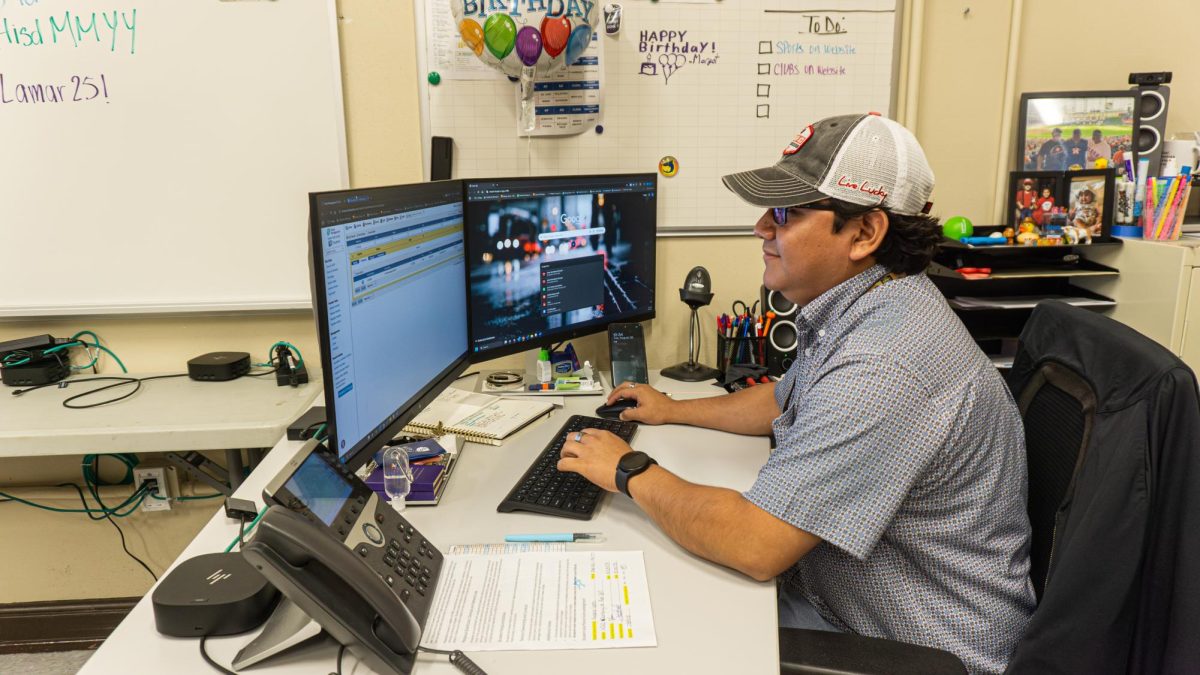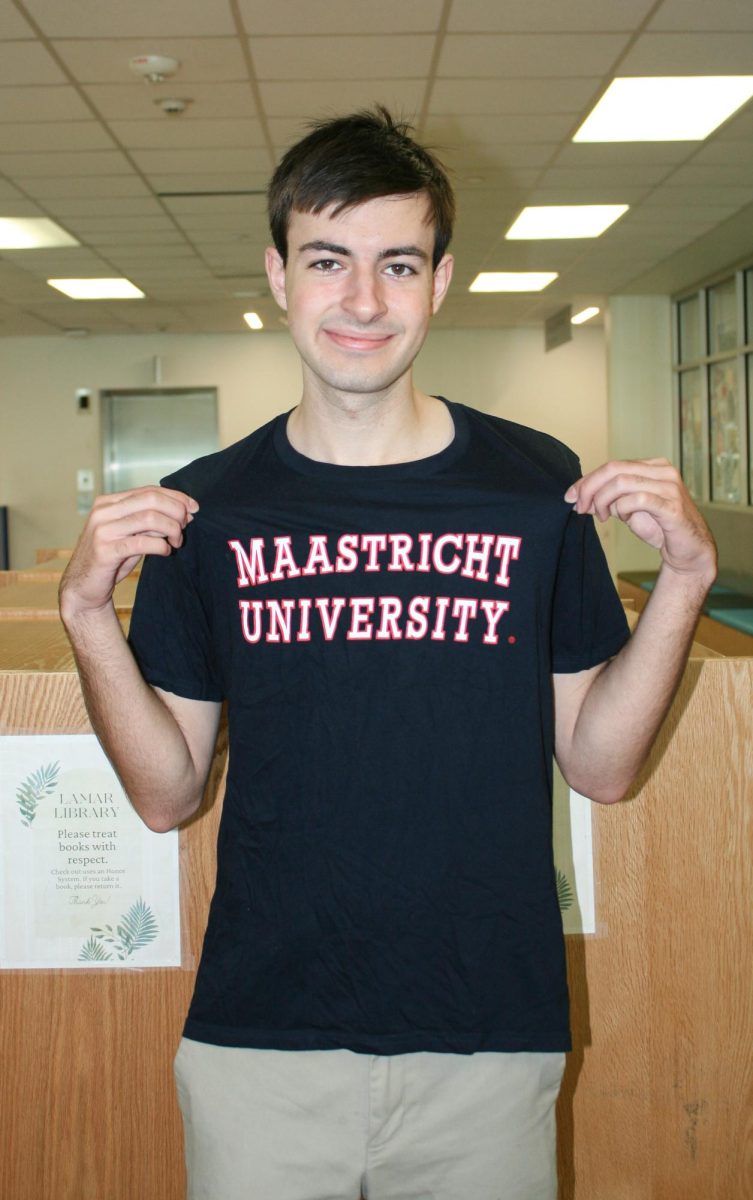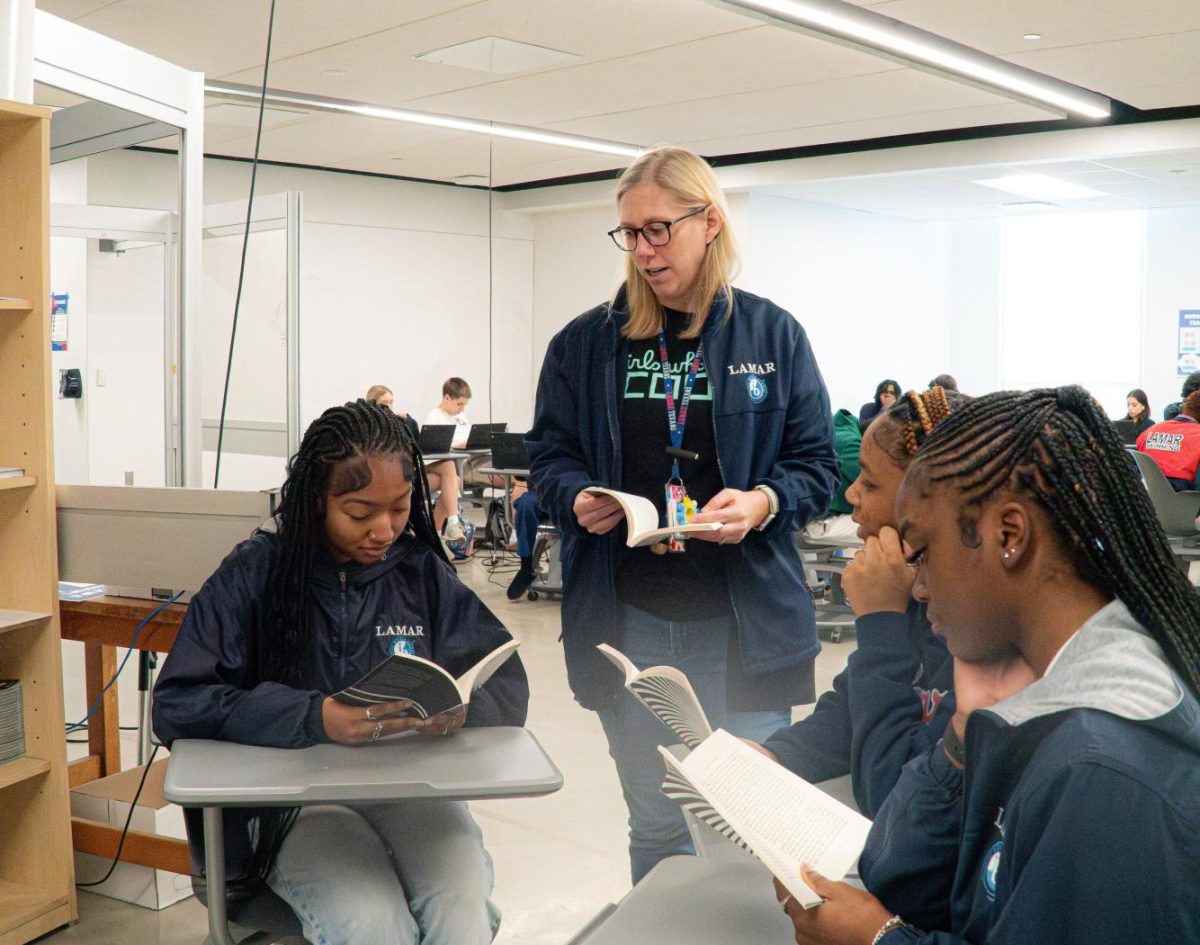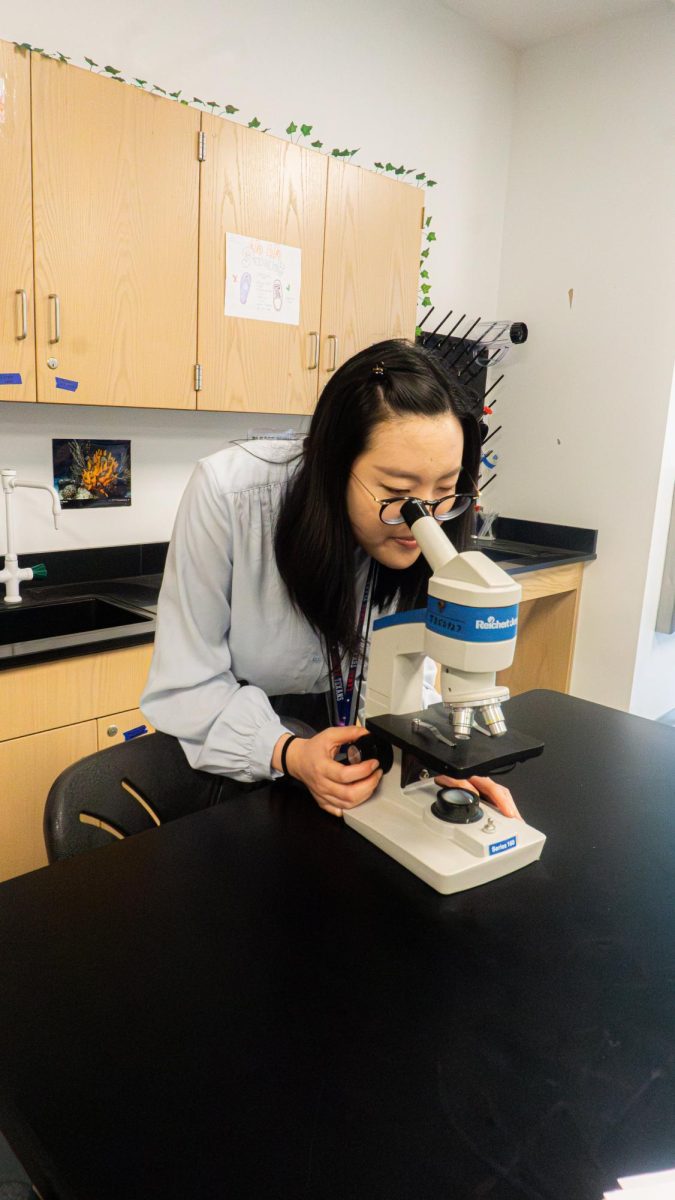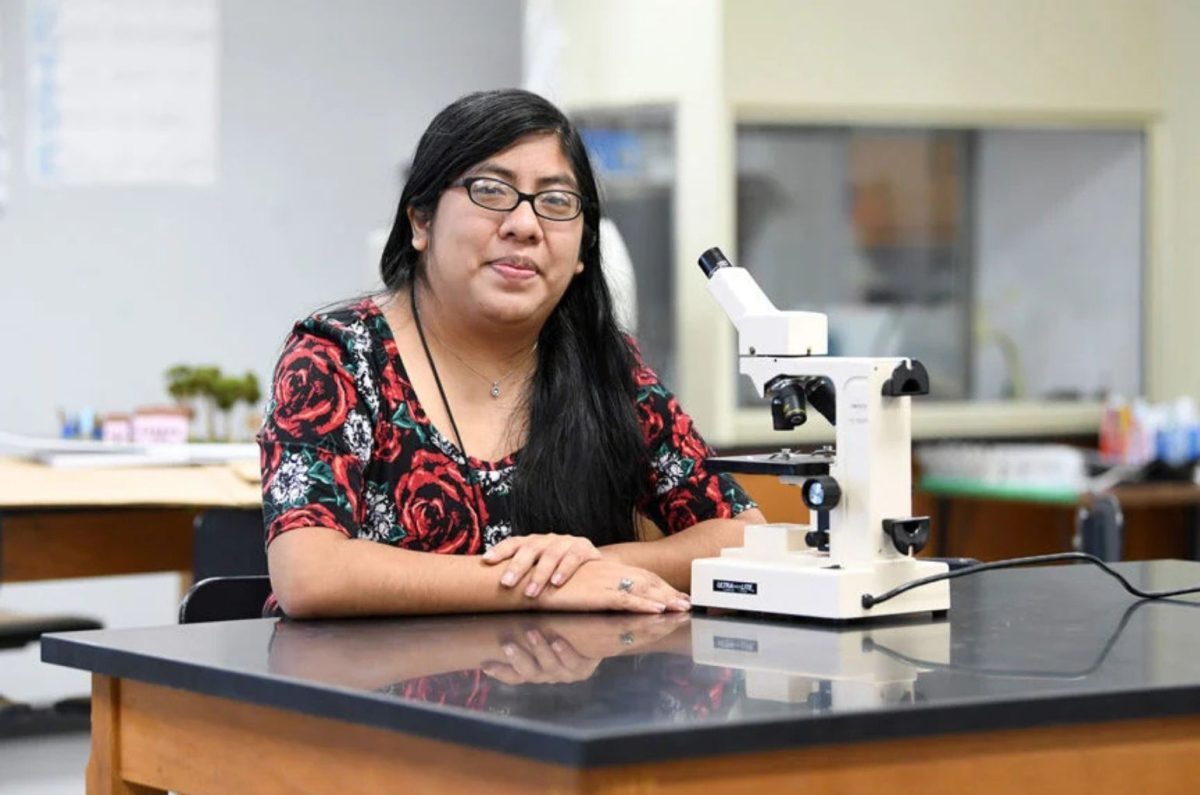Artificial intelligence.
We are all familiar with the astonishing machine that can create well-written essays in under a minute, summarize articles at the speed of light, solve complex mathematical equations at the blink of an eye, or simply give you suggestions on what you should give your friends for the holidays at the click of a button. But what is the downside of having an efficient computer system handle your tedious tasks? The impact of artificial intelligence goes further than you getting a 100 on your flipped from using ChatGPT.
In recent years, the rapid advancements in artificial intelligence have caused threats to jobs, and overall posing potential ethical concerns. Robots are taking over and mastering human actions: from strategizing in a chess match to performing surgery to navigating planes. Although there are many jobs that people would feel more comfortable with a human having control over, there are many jobs that could be taken by AI in the future.
The tech industry, in particular, faces significant risk of being taken over. Advanced technology can produce codes faster than humans, meaning work could be completed with fewer employees. Even creative jobs, such as advertising, film making, journalism, or technical writing are already being affected. After being given a prompt, AI chat bots are able to generate well-written articles and stories in under a minute; further lowering human creativity.
To anyone interested in studying finance, AI is even after a range of Wall Street industries. It can identify market trends, assess the performance of portfolio investments, and further communicate the data much faster than a human can. Certain tasks of financial analysts, personal finance advisors, or even trading to investment banking can easily be handed over to AI.
When you call companies to hand over complaints, you might be surprised to hear a robotic voice instead of a human’s. Companies have started using advanced technology to handle customer service. Robots can offer around-the-clock service, instant responses, and never get tired or need breaks.
These are just some of the jobs artificial intelligence is posing a threat to, but AI also brings innovative solutions to everyday tasks. The founder of SpaceX, Elon Musk, has already developed the Optimus Robot that, with verbal commands, can help with any chore: Cooking, cleaning, mowing your lawn, walking your dog, and much more. This provides numerous benefits for elderly, people with disabilities, or busy men and women. This invention highlights the great evolution of technology, however, these advancements come with a lot of concerns. It is important to consider how AI will affect human skill and cognitive abilities. As AI develops, there is high probability this could lead to a decline in problem-solving, creativity, attention spans, and overall academic performance, though there are already signs of it to this day.
Some students are less attentive in educational settings as they rely on AI to finish assignments, lowering their motivation to learn. The lack of interest to work in class could likely influence their abilitylack of interest to work professionally. They are not attaining skills that are developed during their adolescent years. Additionally, disinterest in learning can limit their knowledge base and expertise, making it challenging to excel in their chosen careers. Fostering positive environments in classrooms is crucial for building a strong foundation for future professions.
Young adults need to consider technological advancement in career planning and development. By embracing and understanding the impacts of AI and other technologies, they can better prepare for the future job market. While doing so, we can accept the advancements of technology and maintain the human qualities that drive innovation and success.

